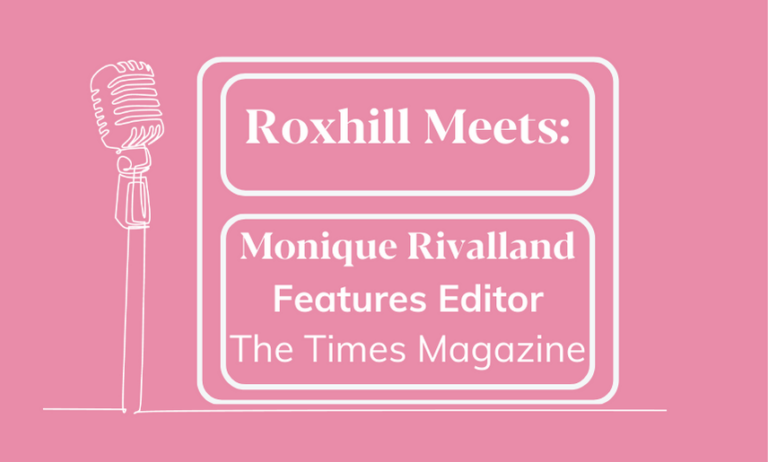
The pros and cons of travel buzzwords
One thing to always consider when mooting a travel angle is reader utility. By and large, will the reader of the eventual travel article be able to replicate the writer’s experiences: visiting the same places, eating the same things, staying in the same accommodation and so on? |
It’s because of this that features about festivals are uncommon. Be they music, literature or food-focused, festivals tend to be quite different one year from the next as their line-up and headliners change. As such, a travel article about 2022’s edition is unlikely to be greatly useful for readers considering going in 2023 (besides its perhaps describing the atmosphere or scenery); it’ll have very little utility, in other words. (The only exception to this can be smaller-scale festivals whose general ambience, rather than star names, are their most important feature. If too small-scale, however, a festival likely won’t have enough fame or substance to merit a feature anyway.) During spring, I received a few kind invites to larger festivals around Britain but declined them because, for the same reasons of limited reader utility covered above, getting a feature commission would have been difficult. For those PRs promoting UK festivals, advance interview slots, NIBs (news-in-brief snippets) and lists seem like much more viable coverage avenues than features. Finding out who will be writing a ‘Best British festivals’ round-up or equivalent piece is never easy, though, as it tends to constantly change each 12 months. After being asked by the Daily Mail to do such a list in 2018 for instance, I received loads of festival-related releases or are-you-writing-another-one? enquiries for a subsequent year or more — and yet I’ve barely been commissioned a similar piece since. The best tack, therefore, will be to get chummy with an in-house editor who’ll hopefully be able to point you in the right direction. |














